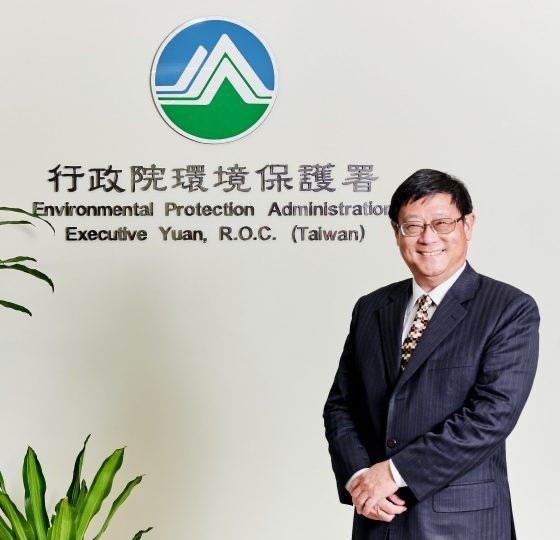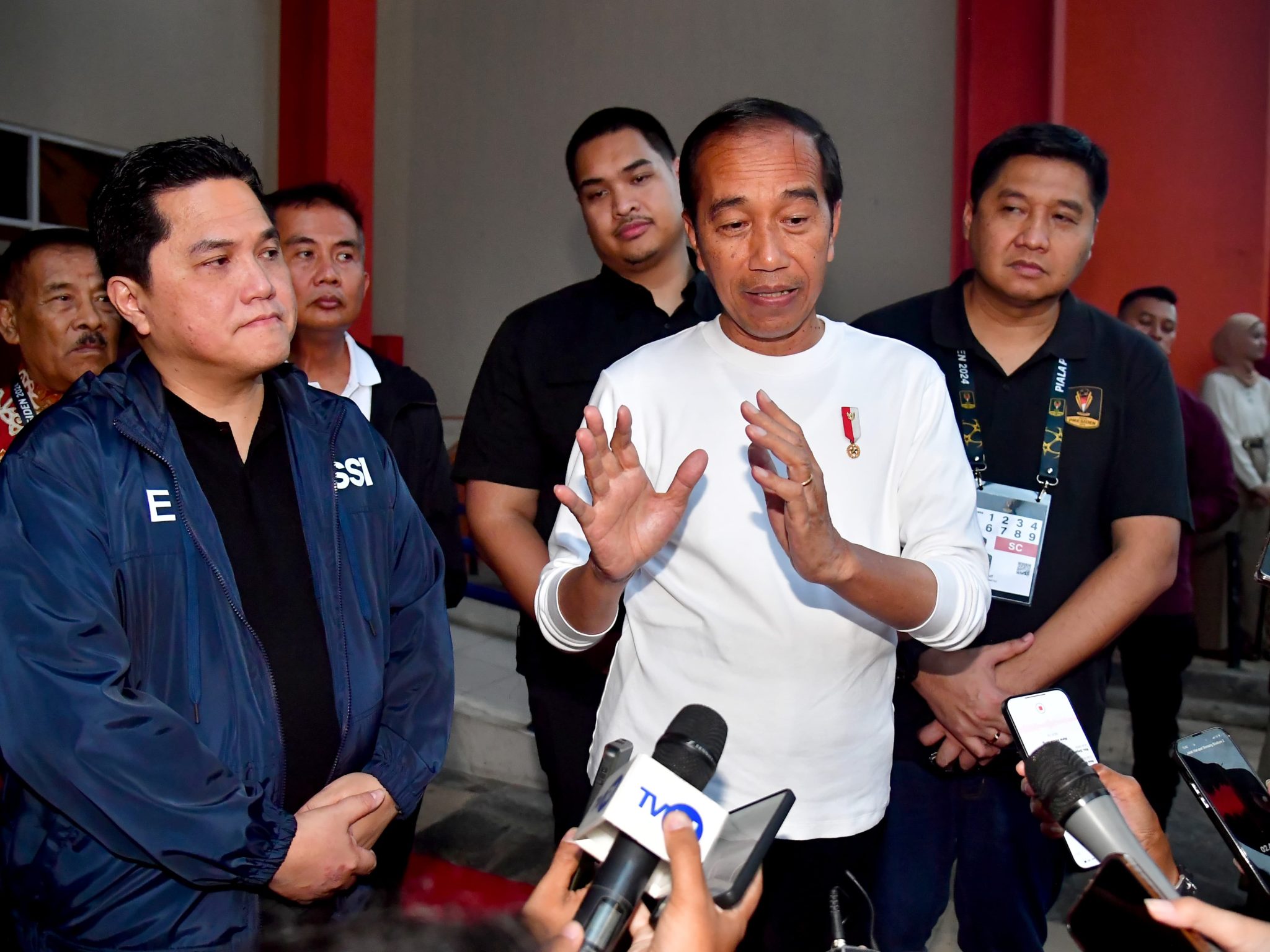Cooperating with the world to achieve a net-zero future (1 of 2)

As the COVID-19 pandemic ravages the world, carbon dioxide concentrations in the atmosphere keep setting record highs.
The Working Group I contribution to the Sixth Assessment Report published by the Intergovernmental Panel on Climate Change in August 2021 strongly confirmed that human activity has furthered the warming of the atmosphere, oceans, and land.
The atmosphere, oceans, cryosphere, and biosphere have all undergone broad and rapid changes.
The weather in 2021 has also been unstable, as can be seen by the winter storm in the U.S. state of Texas that severely damaged the energy system and the record-setting temperatures of nearly 50 degrees Celsius on the North American west coast.
By the same token, Western Europe and China have suffered from heavy rains. In addition, Taiwan experienced its worst drought in more than 50 years, which was followed by abnormally heavy rainfall. One can clearly see how climate change has profoundly affected the whole world.
With extreme weather events challenging the entire globe today, the United Nations calls on all countries to implement the Paris Agreement and take more proactive steps.
As a responsible member of the international community, Taiwan strives to integrate with global efforts to mitigate climate change.
President Tsai Ing-wen declared on this year’s Earth Day (April 22) that realizing net-zero emissions by 2050 is the goal of the world, including Taiwan.
She also unveiled clear greenhouse gas emission targets for Taiwan. At the 33rd meeting of the National Council for Sustainable Development, Premier Su Tseng-chang announced the inclusion of the 2050 net-zero emission target in the amendment bill for the Greenhouse Gas Reduction and Management Act, demonstrating Taiwan’s determination to actively reduce carbon emissions.
More and stronger management mechanisms and incentive systems will be introduced with other vital amendments so as to enhance governance efficiency, introduce carbon pricing mechanisms, and adapt strategies for climate change.
Such measures aim to encourage private investment in research and development, as well as public participation in the sustainable development of Taiwan.
Taiwan has established long-term reduction targets and is planning a practical path to attain 2050 net-zero emissions.
The Executive Yuan has coordinated relevant ministries and agencies, convened a working group on paths to net-zero emissions, and sought professional consultation from Academia Sinica and the Industrial Technology Research Institute.
Four working groups have been formed to focus on the areas of decarbonized energy, industry and energy efficiency, green transportation and vehicle electrification, and carbon-negative technology so as to carry out interministerial technical assessments. With respect to energy and industrial policies, short-, medium-, and long-term markers for 2030, 2040, and 2050 will be set on the path toward net-zero emissions.
In addition, the Environmental Protection Administration (EPA) and other relevant ministries and agencies have launched a public consultation on visions for 2050 to facilitate social dialogue on critical issues such as agricultural and forestry carbon sinks, net-zero buildings, green transportation, low-carbon industries, economic instruments, and just transformation.
With diverse participation from all sectors and research and development investment in innovative technology, Taiwan will seek the most suitable climate governance path for its sustainable development.
Author: Chang Tzi-chin [(Minister Environmental Protection Administration of Republic of China (Taiwan)]
Reporting by Indonesia Window










